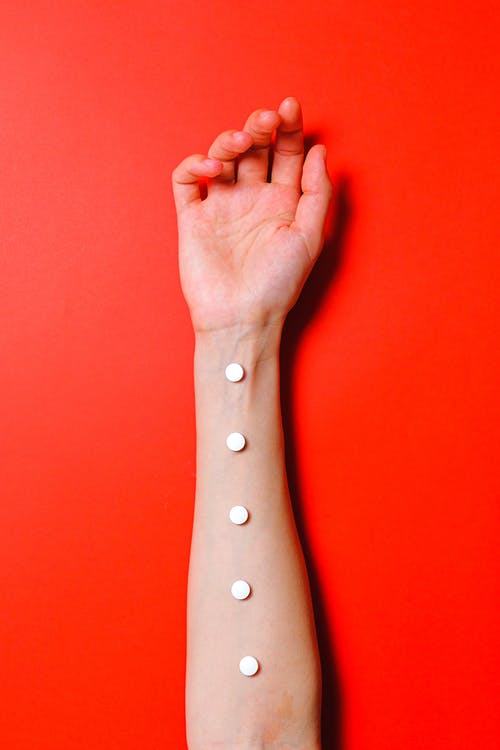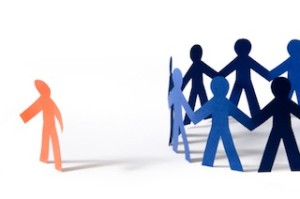When it comes to addiction, the addict is not the only one affected, their loved ones can also be negatively impacted in different ways. Family and friends might experience fallouts with the addicts because of their addiction, and they might be at loggerheads for a long time.
If you have a loved one struggling with addiction, here are some tips to be a support system for them

Learn about addiction
To help someone who is addicted, you need to have a good understanding of what addiction means. This would help you to understand the reason for some of their behaviors or habits.
Learning more about addiction will also make you more empathetic to their plights because you now understand what they are experiencing.
Encourage and don’t criticize them
One of the mistakes that people make is that they usually criticize addicts and blame them for everything wrong. If something bad happens in the family, all accusing fingers are likely to be pointed at the addict because of their condition. This often makes it difficult for them to accept treatment support.
Attend some sessions with them
When your loved one is in recovery, ensure that you don’t leave them alone. Rather, endeavor to attend some of the treatment sessions with them. This would imply that you care about them, and you want to see them get better.
Don’t enable their addiction
Since you have a good idea of what caused their addiction, you need to help them by taking away things that could trigger it.
You can be more deliberate about knowing the kind of people that they hang out with, or the type of events they attend. Taking these conscious steps will help them remain sober or clean in the long run.
Watch out for yourself
While you try to care for your addicted loved one, ensure that you also take care of yourself. Learn to manage stress by indulging in healthy habits. Do not neglect activities like exercising, vacationing, socializing, getting support, etc.




 On the opposite end of the spectrum from stigma is the glamorization of addictions and disorders. This is a rarely talked about phenomenon because it seems so contradictory. Most people would reason that there is surely nothing about mental disorders or addictions that is glamorous, but some portrayals of these conditions would suggest otherwise. Hollywood and other sources of popular media have found ways of portraying disorders and addiction in a good connotation, such as normalizing them or even romanticizing them; a trend that should be reversed if these issues are going to be represented accurately.
On the opposite end of the spectrum from stigma is the glamorization of addictions and disorders. This is a rarely talked about phenomenon because it seems so contradictory. Most people would reason that there is surely nothing about mental disorders or addictions that is glamorous, but some portrayals of these conditions would suggest otherwise. Hollywood and other sources of popular media have found ways of portraying disorders and addiction in a good connotation, such as normalizing them or even romanticizing them; a trend that should be reversed if these issues are going to be represented accurately.


